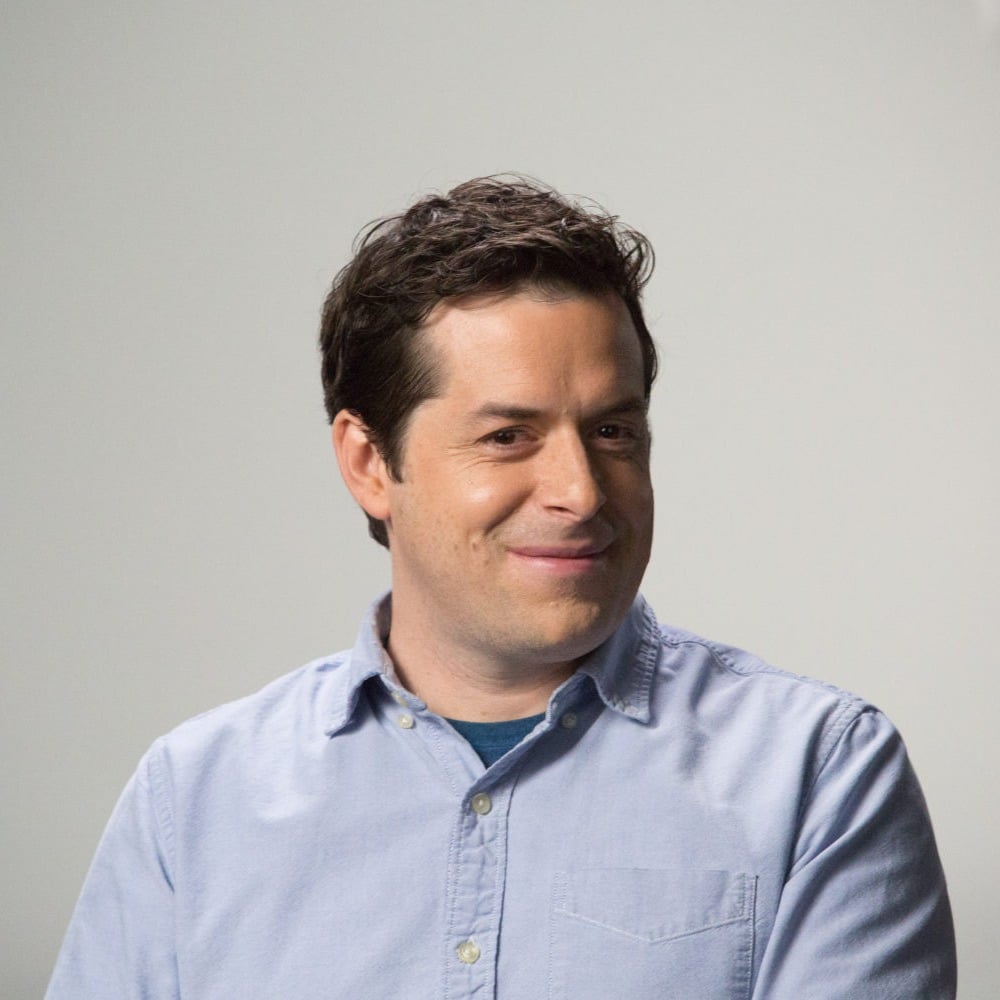Here’s what safe people consistently do or think:
It can be an accidental bump-in, a spilled drink, or an unfriendly tone, when the other person slips up, how do you react? Little run ins such as these provide you an opportunity to prove that you are emotionally safe. If you bite back, don’t expect them to come to you when they need compassion. Patience and quick forgiveness are essential ingredients to being the kind of person that can be trusted with serious relationship type conversations.
Hoping to turn an acquaintance into a friendship? Then take a risk. Every worthwhile relationship offers an environment where both people can open up and share real life issues and struggles with each other. But someone has to move first. Someone has to be willing to risk their emotions and see if the other can be trusted. Another way of saying this: don’t be selfish. If you are always waiting for the other person to take the risk first, then maybe you’re not so safe.
Don’t take vulnerability and turn it into awkward oversharing. If you overshare, then can you really be trusted not to overshare other people’s confidences? Talk in sentences not paragraphs. If you share something and it looks more like a blog post than a tweet, then that’s an overshare. Also, ease into the deep stuff. “My boyfriend and I had a fight last night” is a better first step than “I can’t believe my boyfriend texted his ex when I told him not to!” If they want to know the details of your fight, let them ask. Don’t volunteer everything in the first sentence.
If you’re not oversharing, then what are you doing? Listening. That means asking questions, digging down for understanding, and giving the other person a chance to share what they are thinking. Listening is more than just shutting your mouth. It’s opening your mind. When the other person is talking, are you just trying to figure what you’ll say next? That’s not listening. Listening means you are hanging on to their words and seeking true understanding. Your facial expressions, body language, and verbal responses should all reflect this.
Look around you. Are all your friends really the same person but with different sets of clothes? Nobody wants to be the charity case, token person-of-color, or that one gay friend. People will doubt if you are open to new relationships, if all your old ones all look and act the same. This means cultivating a curiosity about other people’s experiences, perspectives, and backgrounds. It also means finding ways to respect people even when you disagree or struggle to understand their viewpoints. Building relationships with people who are different from you requires that you find a comfortability with differences.
Do you win every argument? Well, you’re probably losing out on some important relationship opportunities. Do you avoid every disagreement or uncomfortable situation? You might be tempted to think that’s the “safe” route, but that’s the only sure route to getting stuck exactly where you are at. Growth will require you to hear new ideas and learn other people’s perspectives. It’ll even require you to lose a few arguments because you see you were the one in the wrong. Yikes!
Saying you are doing all the above won’t cut it. You have to actually do and be them. A long soliloquy on how great you are at listening will convince no one of your listening skills. Forgiveness is not just the words “No problem” or “I forgive you,” it’s the demeanor and emotional content of those words that count. You have to actually forgive. People are hardwired to spot out fakes. So if you want a new friend, then be a friend. If you want a deeper relationship, then be the person deeper relationships require you to be.
Wherever you are at relationship-wise, these tips will get you another step down the road. And if you need to see some real life examples, check out one of these short films on Love and Relationships:
David and Tamela Mann learned the secret to getting beyond their rough childhood relationships.
Lynsi Snyder had to realize after multiple failed marriage what true love really looks like.
Lisa Luby Ryan had to learn how to trust after being sexually abused at a young age.

Doug Bender is an I Am Second writer and small groups coach. He developed many of the small group tools found at iamsecond.com and has coached churches, organizations, and individuals to use I Am Second groups to share the message of Jesus with their friends and family. He also works with I Am Second's parent organization, e3 Partners, as a church planter and pastor in countries such as Ethiopia, Colombia, and the US. Doug and his wife, Catherine, have four children: Bethany, Samuel, Isabella, and Jesse.